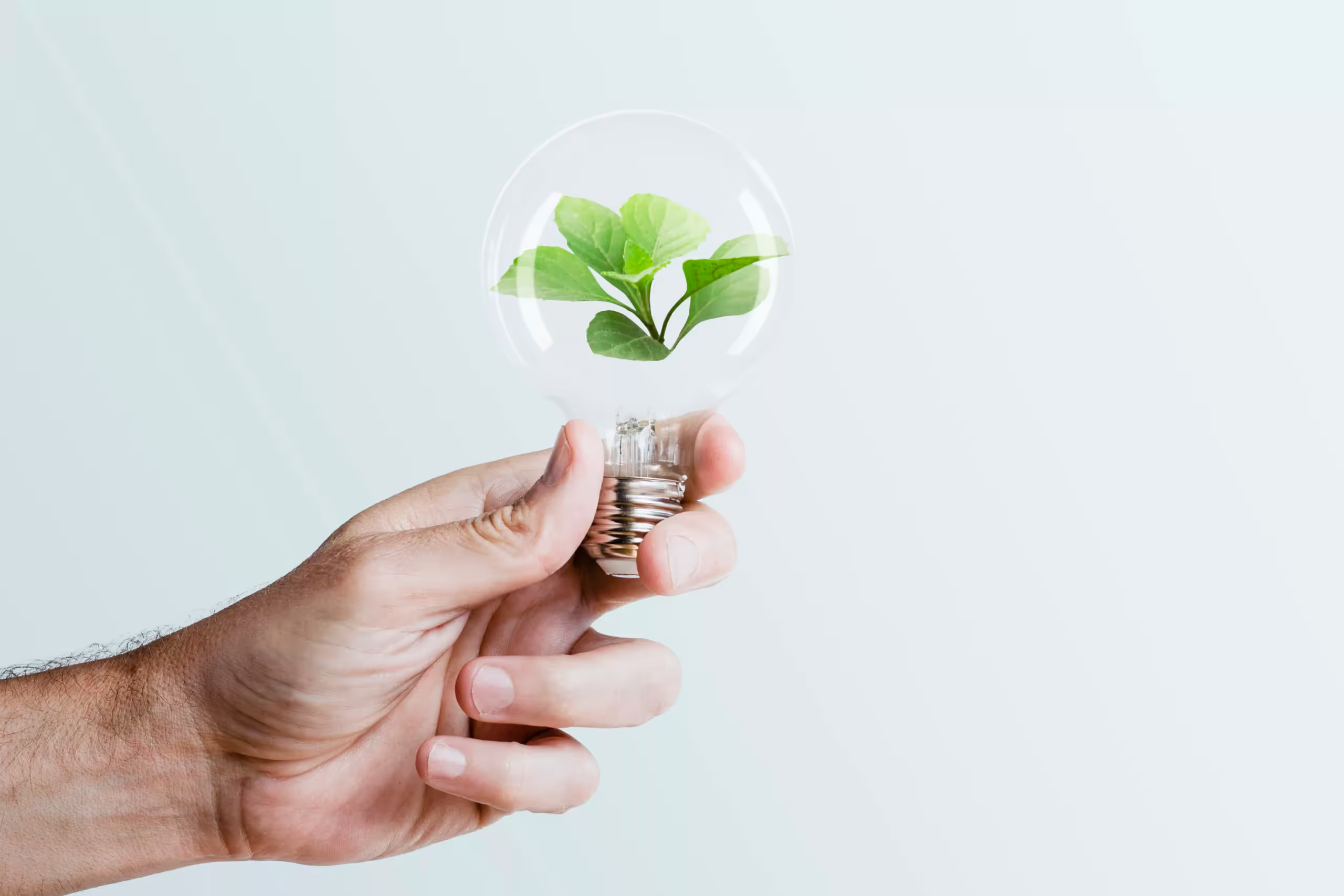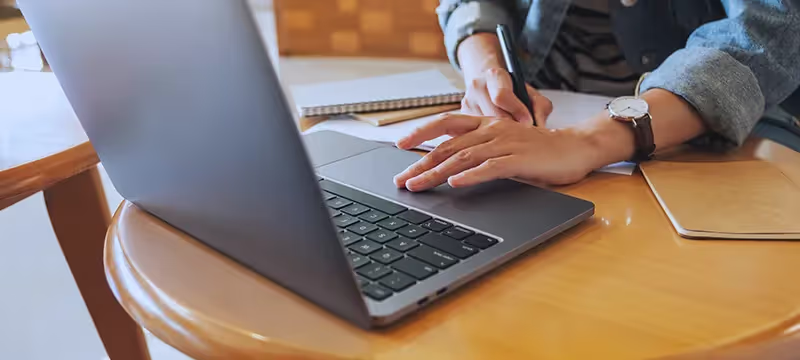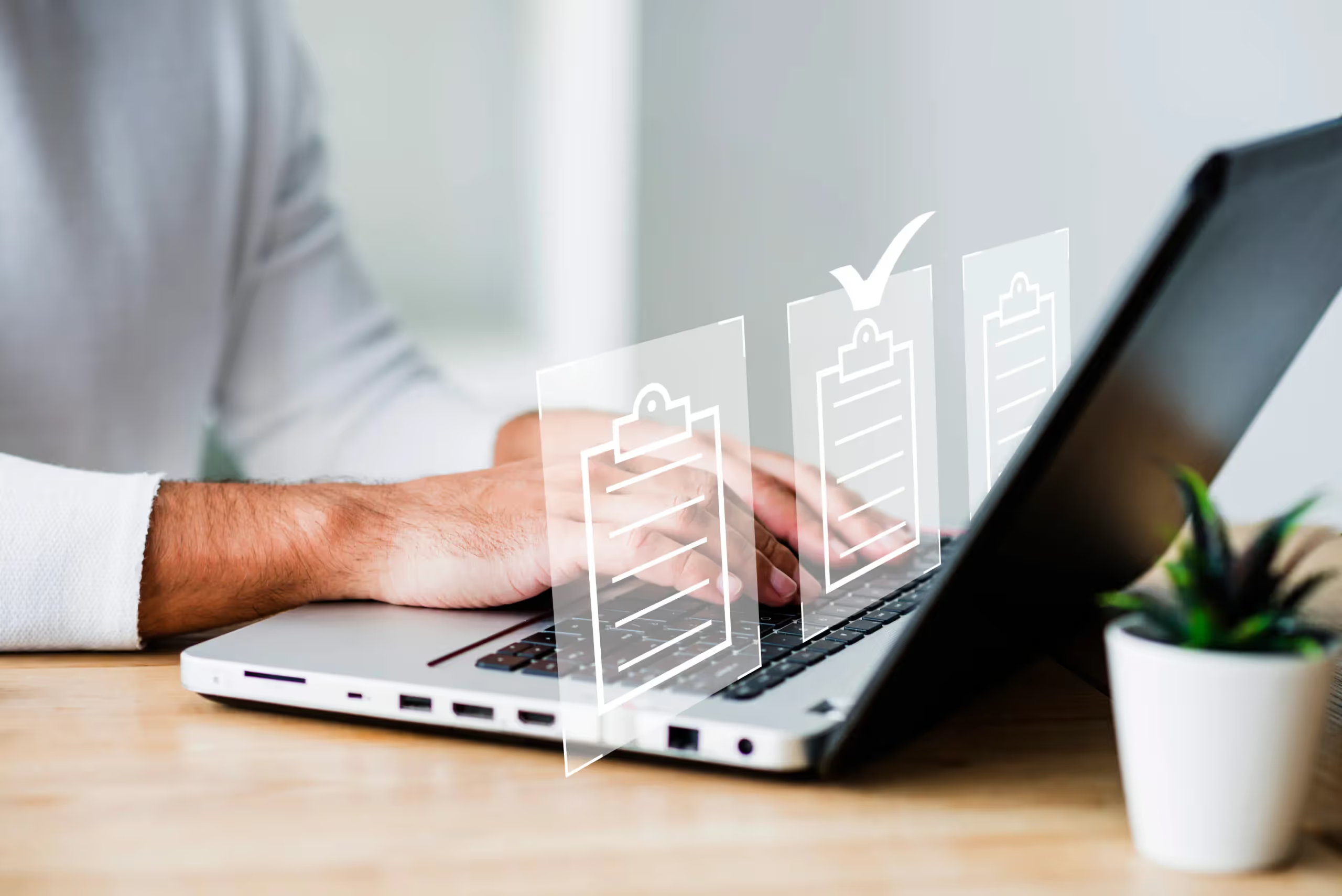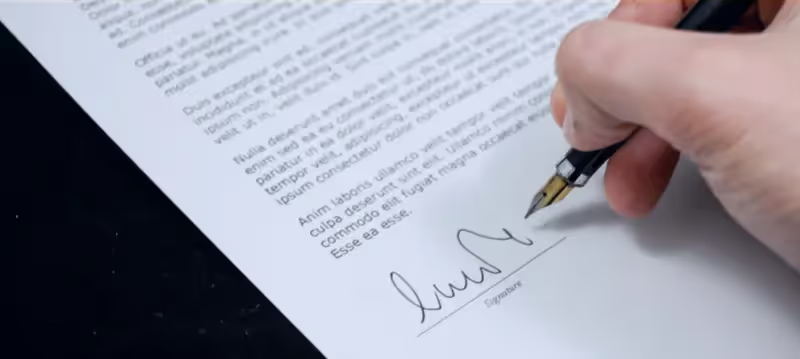Sustainable startup: what it is, how it works and examples
Creating a solution that meets the needs of the present without compromising the future of the next generations seems to be the dilemma of the century. Within the framework of this complex equation, the sustainable startup emerges as an agent of transformation.
After all, this dilemma, characterized by the need to balance economic and social development with the preservation of the environment, reflects an increasingly acute awareness of the finitude of natural resources and the adverse impacts of human activities.
Second IPCC report, human influence is responsible for a 1.07°C rise in global temperature.
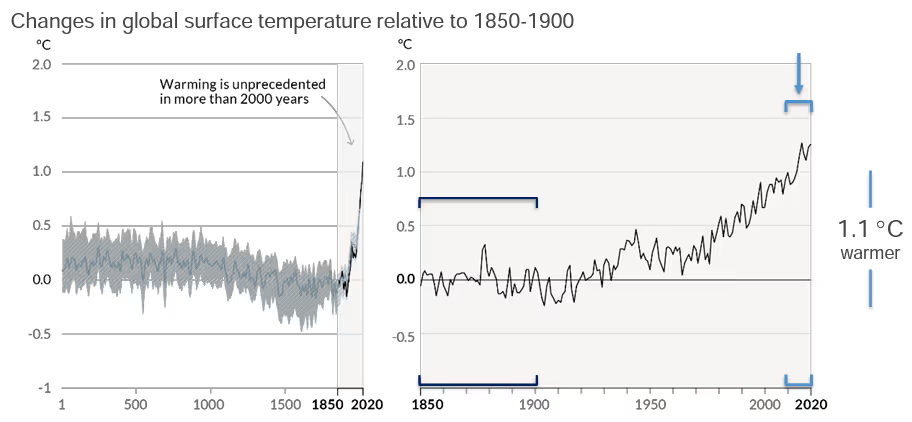
In this sense, it is important to understand the sustainable startup as an innovative and promising approach in the contemporary business world, committing to rethinking traditional business paradigms. We will therefore understand more about this type of business and how to develop it.
What is a sustainable startup?
A sustainable startup is an innovative company, often newly created, whose main objective is to develop and offer solutions, products or services in an economically viable, socially just and environmentally responsible manner. These startups seek to have a positive impact not only on the market, but also on the society and environment in which they operate.
They commit to rethinking traditional business paradigms, adopting practices that promote energy efficiency, waste reduction, responsible use of raw materials, and the minimization of the carbon footprint. In addition, they aim to ensure social equity, addressing challenges such as poverty, access to education, health, and gender equality.
Thus, sustainability is at the core of the mission and operation of a sustainable startup, which starts to consider other success indicators besides profit.
What is the importance of sustainability in the business world?
A corporate sustainability plays an increasingly vital role, transcending the notion of immediate profit to incorporate a long-term perspective. In this sense, the Sustainable Development Goals (SDGs), outlined and coordinated by the United Nations (UN), provide a guide for organizations that seek to incorporate sustainable practices and policies into their operations and business strategies.
The SDGs not only address sustainable socioeconomic development, but also permeate essential areas such as health, education, water, energy, environment, gender equality, and others.
In this context, sustainable companies in Brazil and around the world have implemented programs that go beyond mere concern for the environment, incorporating a substantial appreciation of people and social well-being.
This paradigm represents a balanced approach, recognizing that business success should not be achieved at the expense of the environment or society, but rather in harmony with them and encompassing three interconnected pillars: economic, social and environmental, known as the sustainability tripod.
The search for balance between these dimensions creates a virtuous cycle that, in turn, strengthens the company's reputation, attracts investors committed to sustainability, and conquers increasingly conscious and demanding consumers.
Therefore, sustainability is not just a strategy, but an imperative need for companies, since it contributes to a more equitable, environmentally healthy and economically prosperous world.
10 sustainable Brazilian startups you need to know
In the Brazilian scenario, several startups stand out for their desire to make a difference in the environmental, social and economic fields. Let's get to know some of them.
solos
Founded by Bahian entrepreneurs, solos its mission is to promote responsible consumption and production, offering solutions for the reduction and reuse of waste generated by companies, events, schools and condominiums, supermarkets and malls.
The startup is also dedicated to environmental education, making business leaders aware of the importance of implementing waste management to enable a circular and inclusive production chain.
Biosollit
The startup Biosollit is recognized worldwide for having developed an organic petroleum absorber. The company operates in three areas focused on sustainable innovation: research and development, products for the preservation of water, and products for the preservation of flora.
In addition to the natural oil absorber, the startup created an ecological xaxim to replace xaxim produced from an endangered shrub, whose sales are prohibited.
GreenPlat
A GreenPlat developed a blockchain-based SaaS ESG architecture, which manages environmental KPIs and performs complete waste management, including control of environmental licenses and other documents. This results in financial benefits, efficiency, zero landfill, and increased recycling.
Dobra
A Dobra innovates in the product sector, selling sustainable paper wallets handmade from recyclable materials. In addition, the company also offers a variety of products, such as shirts, scarves, frames and lambe-lambe, all produced on demand, with 100% sustainable and vegan material.
VGR Online Waste Management
A VGR Online Waste Management offers solutions to optimize the waste management process of companies, facilitating the correct disposal and accelerating sustainable development, while helping to understand environmental legislation.
She Does
A She Does is a startup that conducts studies in communities, collecting data on women and creating courses and content that meet the specific needs of these groups. In addition to qualification, the company offers psychosocial support to help women be ready to meet the operational and behavioral expectations of the market.
NoFront
A NoFront is a digital platform focused on young black people from the periphery, with the purpose of bringing black people closer to financial education, reducing inequalities and promoting economic emancipation.
Tindin
A Tindin is an education startup that offers a gamified virtual learning environment within the metaverse, transforming hybrid teaching into an immersive experience. Its objective is to democratize access to quality education through the combination of disruptive technologies and active methodologies.
UPM2
UPM2 develops solutions to improve urban mobility in Brazil and encourage the use of more sustainable solutions. One of its creations is the SP Pass Super App, allowing the payment of public transport fares using a QR Code, minimizing the need to print tickets and issue cards.
Market4u
A Market4u allows the creation of autonomous mini markets within condominiums, preventing residents from having to travel to buy small everyday items. This initiative reduces the emission of CO2 into the environment and adopts an intelligent replenishment process, in addition to promoting virtual communications with the residents of the condominium.
How to develop a sustainable startup?
Developing a sustainable startup requires a strategic and holistic approach that integrates sustainability into every aspect of the business, from conception to daily operation.
Check out some of the essential steps and principles:
Identify a sustainable opportunity
Find a problem or need in the market that can be addressed in a sustainable manner. This may be related to energy efficiency, resource conservation, recycling, sustainable mobility, healthy eating, and others.
From this, clearly define the mission of your startup, highlighting your commitment to sustainability and the ethical values that will guide your operations and interactions with stakeholders.
Integrate sustainability into the business model
Use sustainable business models, such as circular economy, long-lasting products, sharing, reuse, and recycling. Ensure that the value proposition and revenue generation are aligned with sustainability.
Integrate circular economy practices
Promote product reuse, recycling, and extended lifecycle. Think about how products can be rethought, reused, or recycled at the end of their useful life. Consider the entire product life chain, from production to final disposal.
Build a sustainable culture
Educate and engage your team about the principles of sustainability and encourage innovation and creativity to find sustainable solutions. Create awareness programs and training.
Have a paperless policy
Adopt a paper reduction policy within the company, encouraging the digitization of documents and internal processes. To do this, use electronic signatures and digital platforms to store and manage documents efficiently.
Count on technology
Use technology to boost sustainability in your startup. Investing in energy management systems, automation, data analysis, IoT (Internet of Things), and other technological solutions can help optimize resource use, reduce waste, and improve operational efficiency.
Innovation and technology in a sustainable startup
Technology can be a great ally in the sustainability journey. After all, it is through it that we can create innovative solutions that address environmental and social challenges, boosting efficiency and scalability.
Clicksign is an example of how technology can be applied to promote sustainable practices. By offering electronic signature solutions, the company contributes to a significant reduction in the use of paper, in addition to promoting greater operational efficiency in document processes.
Research shows that 63% of Clicksign users seek to reduce the use of paper in their processes when hiring our electronic signature solutions.
Do you want to know more about how Clicksign can help your company become more sustainable? Discover our solutions!


